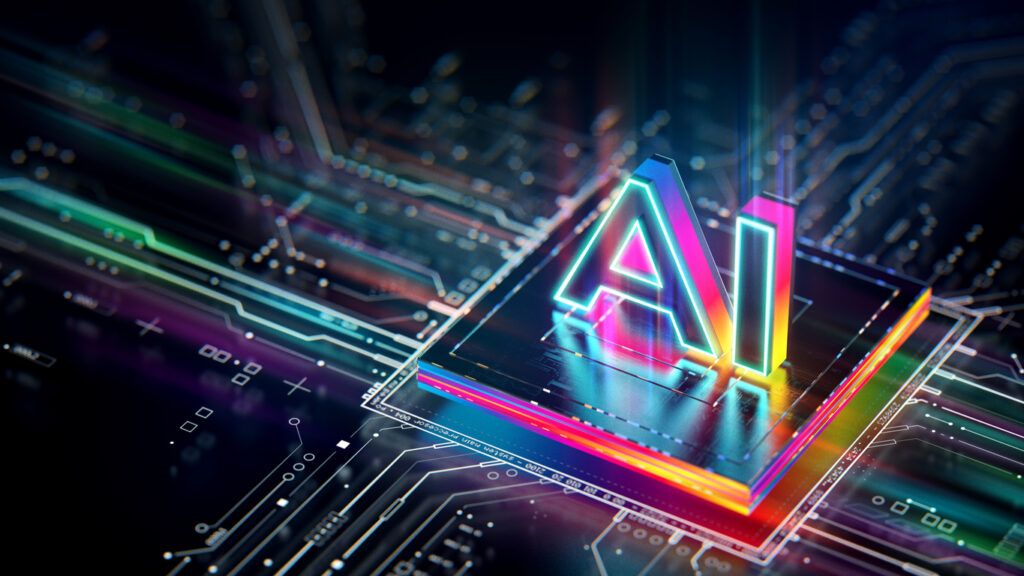
Artificial Intelligence (AI) has been revolutionizing various fields, and it’s now making its mark in the realm of Search Engine Optimization (SEO). When it comes to crafting content that resonates with both search engines and human readers, two crucial factors come into play: complexity and variability.
Content creators have long understood the importance of striking a balance between intricate and straightforward sentences.
Humans often weave together longer, intricate sentences with shorter, more concise ones, creating an engaging and captivating narrative.
This article delves into the role of Artificial Intelligence in reshaping SEO practices and explores how it is redefining the way we approach content creation in a dynamic online landscape.
Understanding Artificial Intelligence in the Context of SEO

Understanding Artificial Intelligence in the Context of SEO is essential for staying ahead in the digital landscape. With the revolutionary role AI is playing in search engine optimization, it is crucial to comprehend the impact it has on content creation.
AI has brought significant advancements by analyzing and understanding the complexities of text.
While humans traditionally write with varying sentence structures and complexities, AI-generated content tends to exhibit a more uniform style.
However, by embracing the power of AI, we can strike a balance between the intricacies of human language and the efficiency of AI algorithms, ultimately enhancing our SEO strategies.
The Impact of AI on Keyword Research and Analysis
In the ever-evolving world of SEO, one can’t ignore the seismic impact that Artificial Intelligence (AI) has had on keyword research and analysis. AI has revolutionized the way we navigate the complex realm of search engine optimization, bringing about a new era of efficiency and accuracy.
The advent of AI-powered algorithms has enabled marketers to delve deeper into the intricacies of content creation and keyword selection. With AI’s analytical prowess, an unprecedented level of precision can be achieved, allowing for granular keyword targeting and optimization.
However, underneath the surface lies a fascinating dichotomy between human-generated content and AI-generated content. Humans, driven by creative bursts, tend to produce content that exhibits a compelling blend of long, intricate sentences interspersed with concise, impactful ones.
On the other hand, AI-generated content often displays a more uniform structure.
This distinction poses both challenges and opportunities for SEO experts, who must strike a delicate balance between embracing the efficiency of AI and preserving the human touch that resonates with audiences.

Enhancing Content Creation and Optimization with AI
As technology continues to evolve, the role of artificial intelligence (AI) in enhancing content creation and optimization is becoming increasingly significant.
With AI-powered tools and algorithms at our disposal, the process of creating high-quality and engaging content has become more streamlined and efficient.
AI can analyze vast amounts of data, understand user preferences, and generate creative ideas to enhance SEO strategies. However, there is a crucial aspect where AI struggles to replicate human expertise – the art of writing.
Humans tend to craft content with a captivating mix of longer, complex sentences intertwined with shorter ones, creating a natural flow that captivates readers. The challenge lies in infusing AI-generated content with the same burstiness and varied structure, ensuring it resonates with the target audience.
Conclusion

In conclusion, artificial intelligence (AI) is playing an increasingly significant role in revolutionizing the field of Search Engine Optimization (SEO).
By leveraging AI technologies, businesses and organizations can optimize their websites, improve search engine rankings, and attract relevant organic traffic.
AI-powered algorithms can analyze vast amounts of data and identify patterns, assisting SEO consultants in making informed decisions about keyword optimization, content creation, and link-building strategies.
Additionally, AI-driven tools enable real-time monitoring and analysis of website performance, enabling SEO consultants to quickly adapt and refine their strategies.



